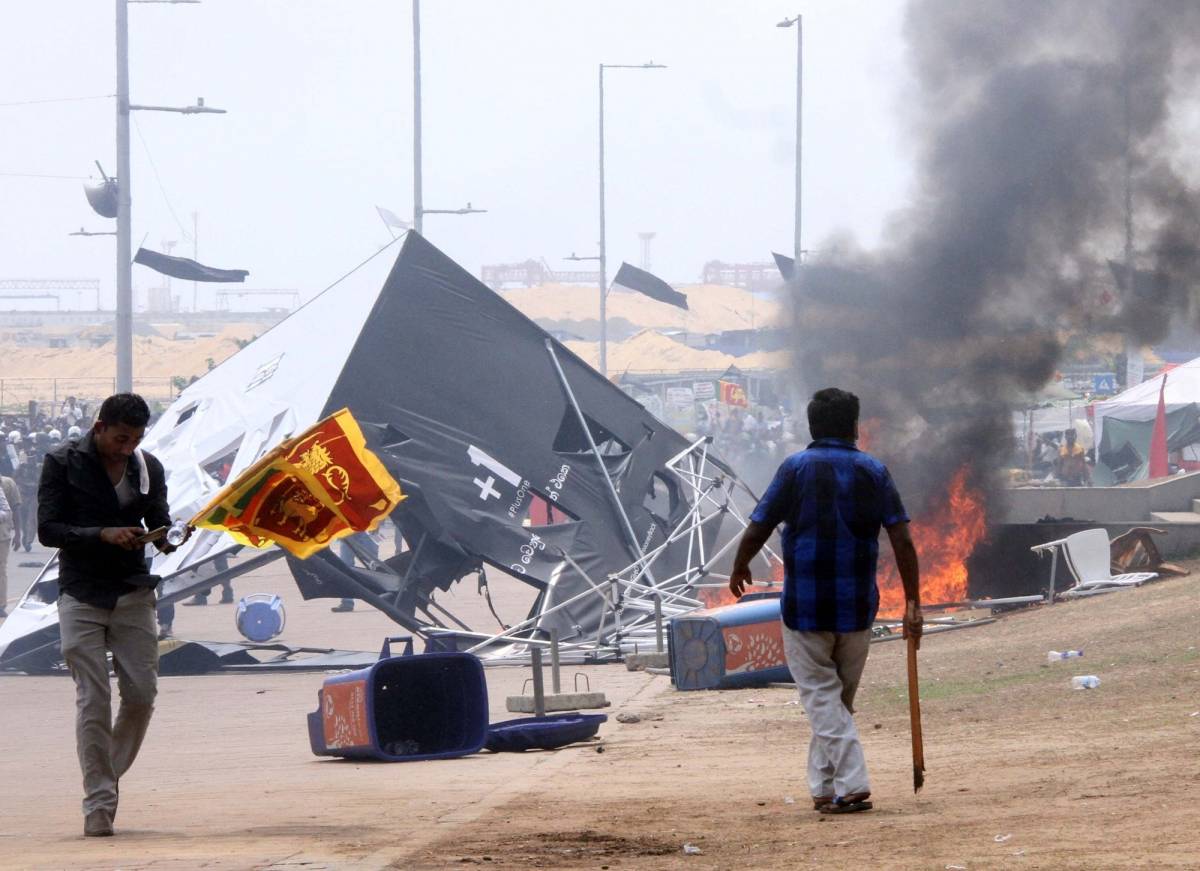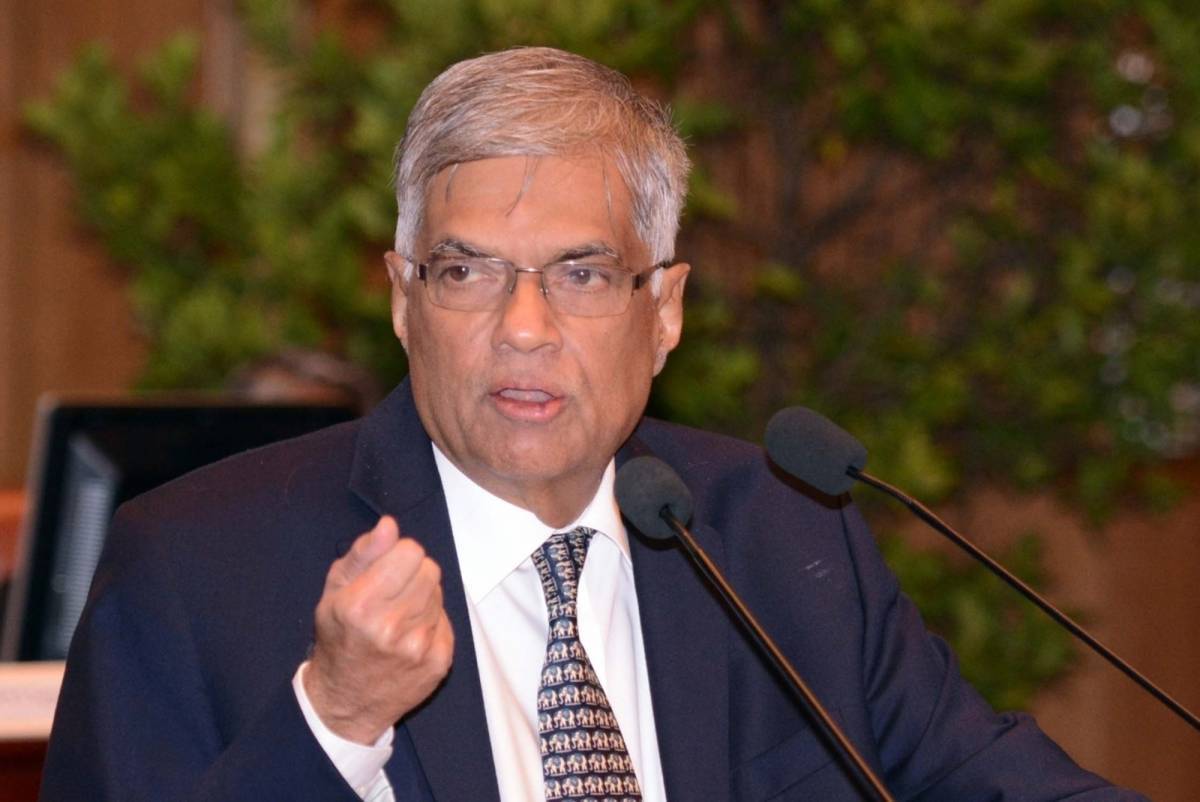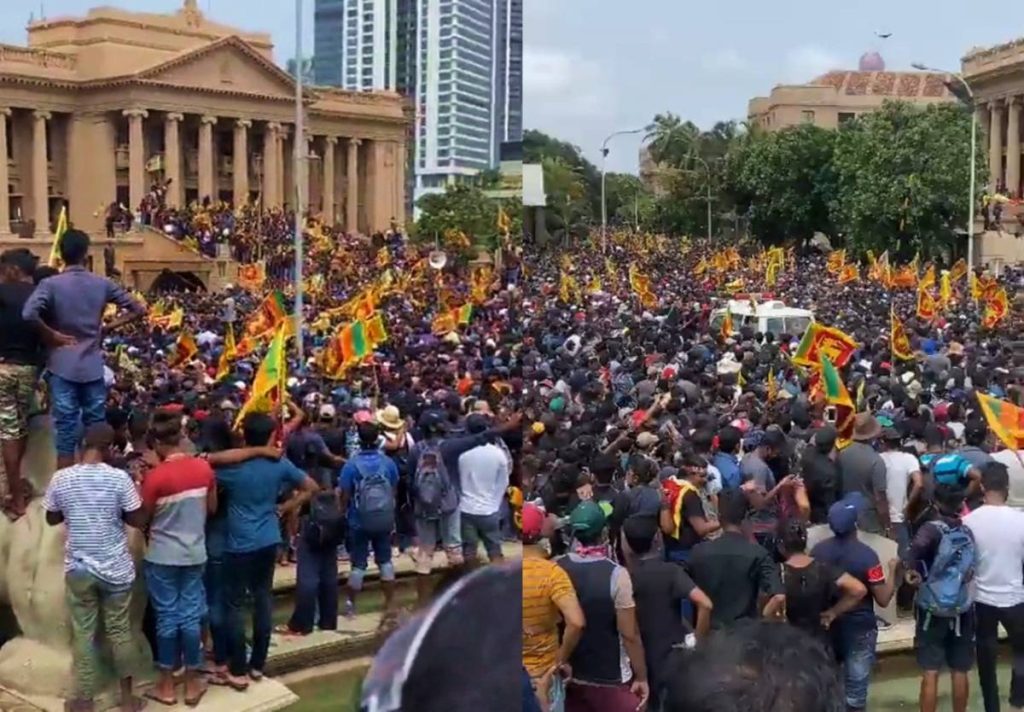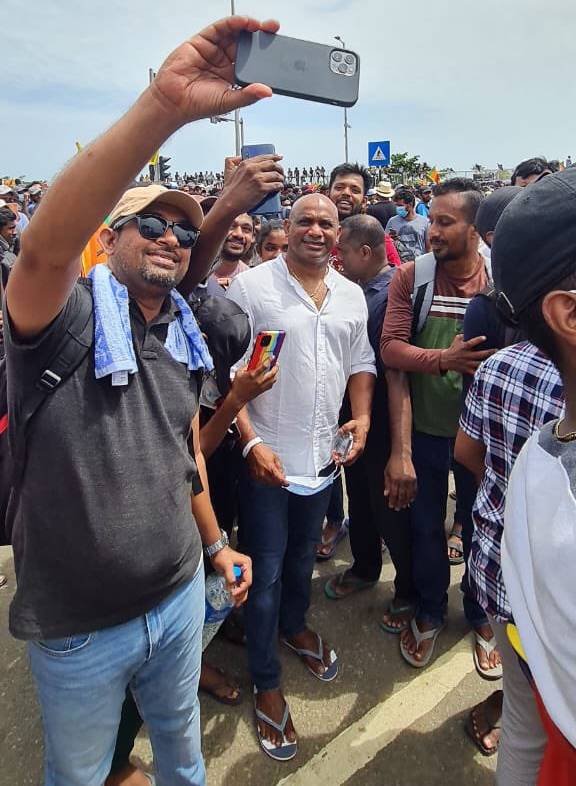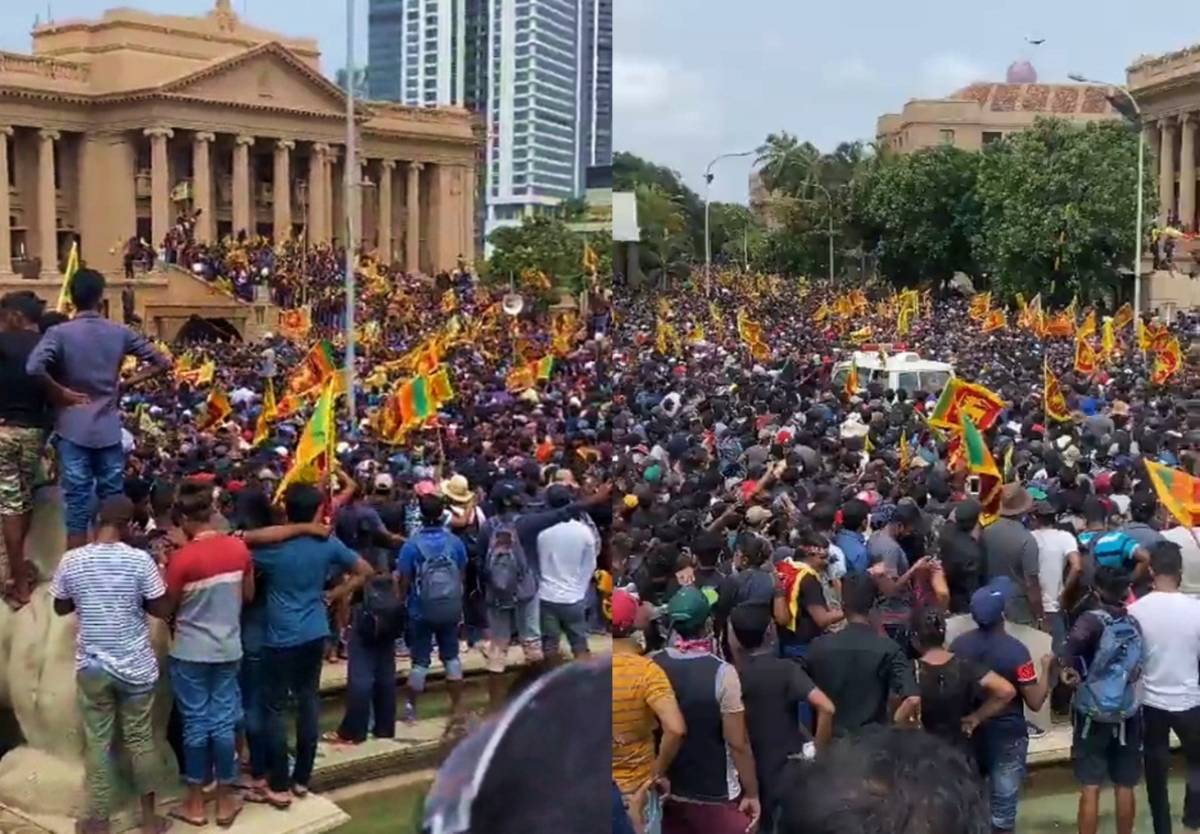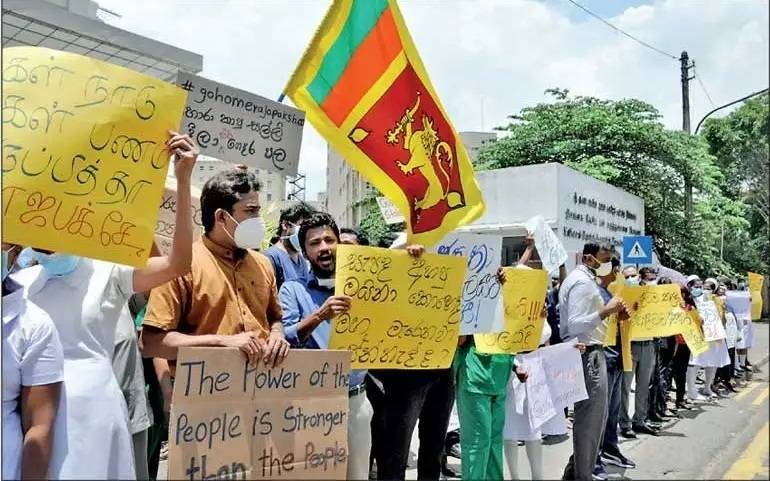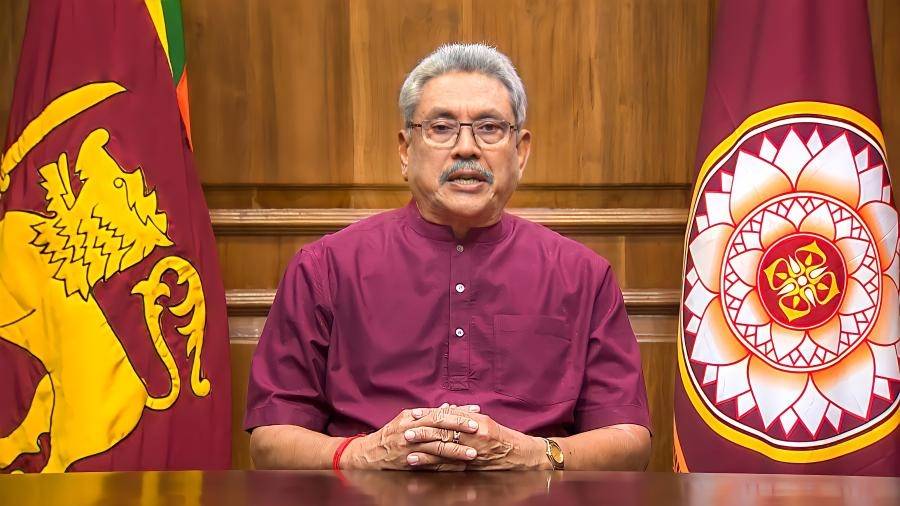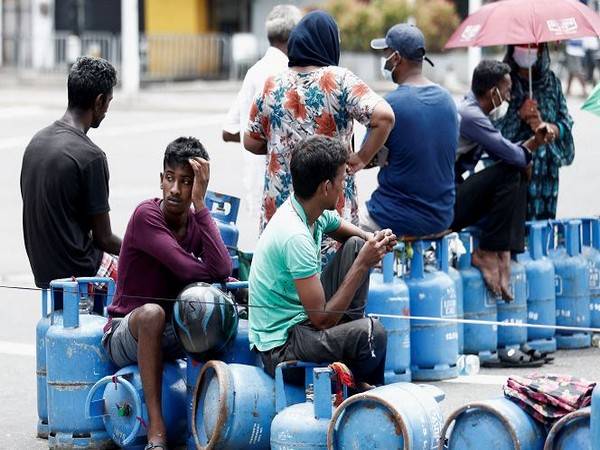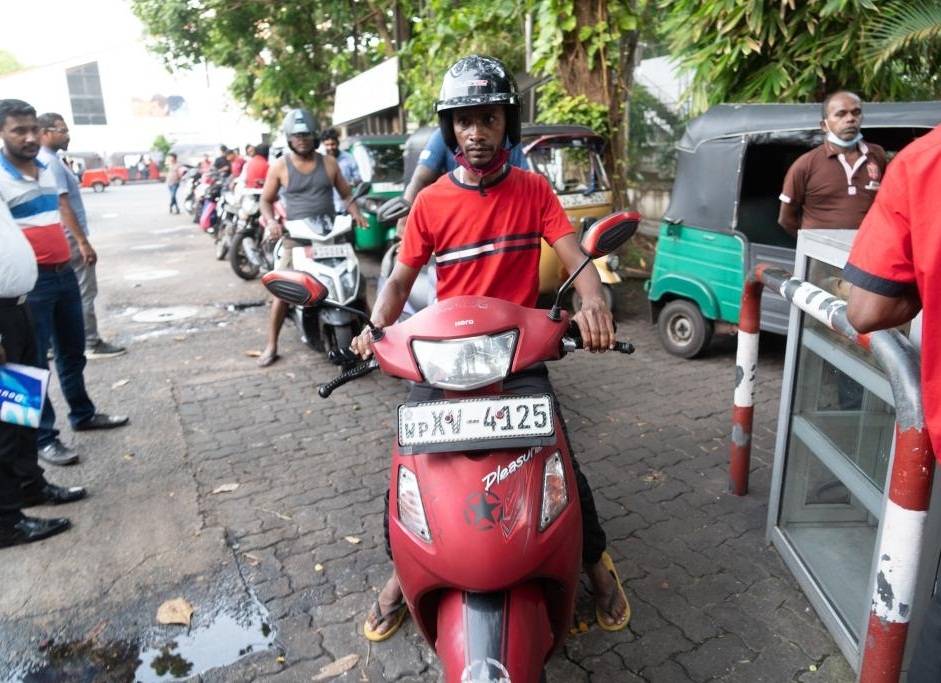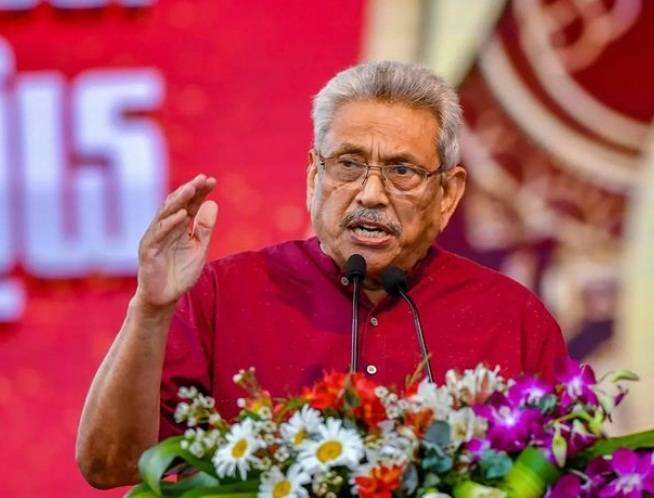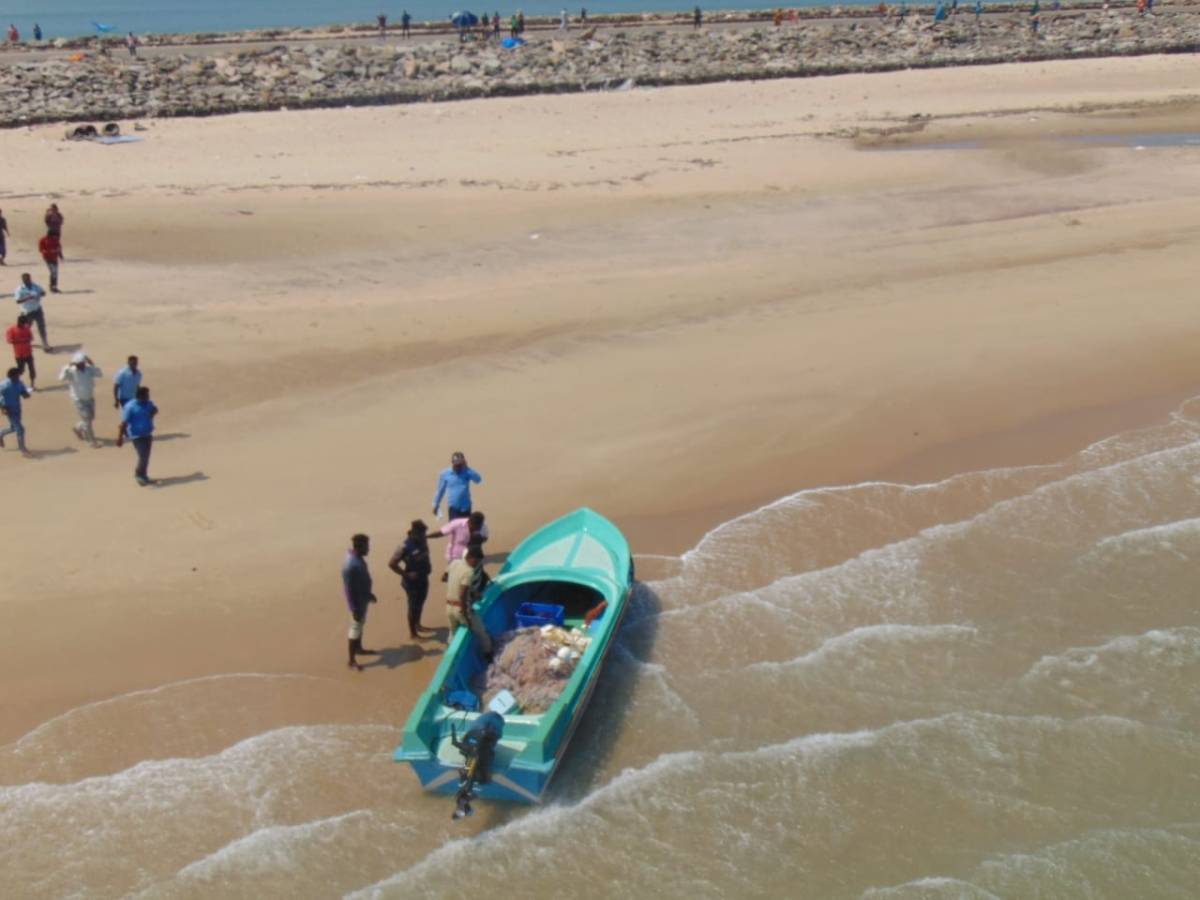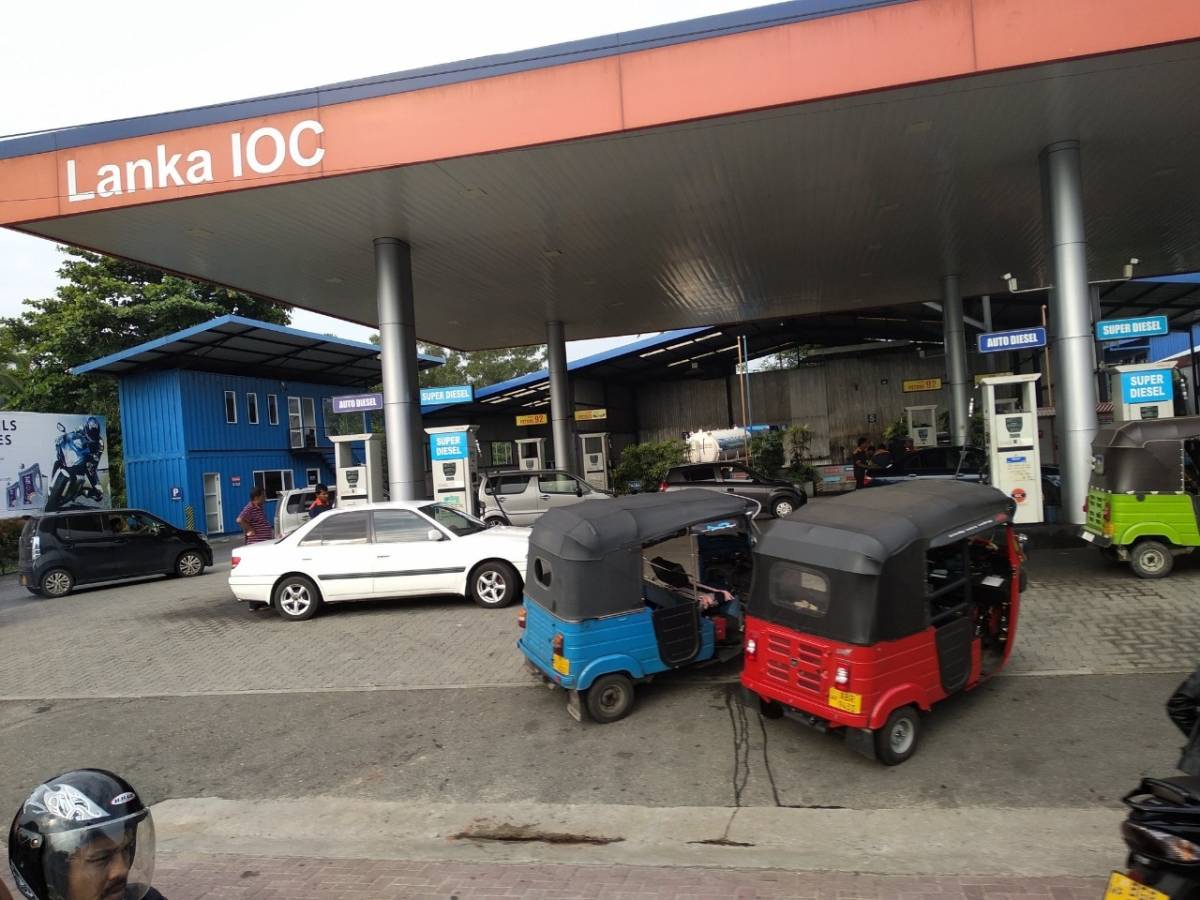“There is no such attempt to attack or disturb ‘the Aragala Bhumiya’,” Sri Lanka military chief said….reports Asian Lite News
Amid the ongoing protests in Sri Lanka over the economic and political crisis, the Chief of Defence Staff of Sri Lanka, General Shavendra Silva denied the social media reports of military personnel marching towards Galle Face protest site on Monday.
“There is no such attempt to attack or disturb ‘the Aragala Bhumiya’ as falsely circulating in social media now,” Ministry of Defence Spokesman said quoting the Chief of Defence Staff, General Shavendra Silva as he refuted the fabricated information.
In another official statement, Field Marshal Sarath Fonseka also denied the rumours of a military operation to occupy the Aragalaya struggle ground at this moment.
“Do not panic, continue your struggle peacefully and non-violently,” Fonseka said.
The protests demanding the resignation of President Gotabaya Rajapaksa started off on April 9. Since then it has been continuing 24/7 irrespective of the adverse weather and other shortcomings.
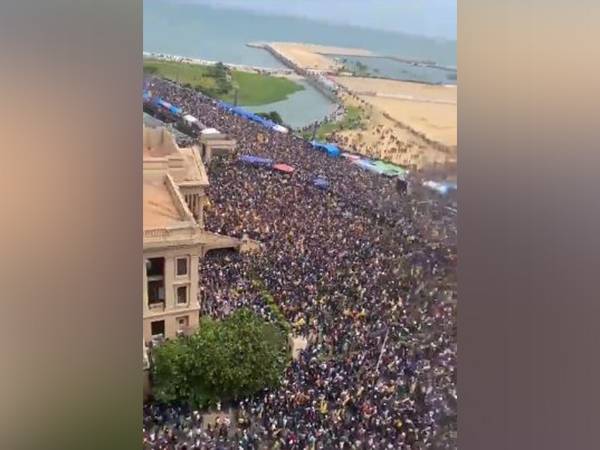
People from all walks of life — doctors, lawyers among others — have since gathered at Galle Face vowing their support to the protests.
Sri Lanka is facing its worst economic crisis since independence with food and fuel shortages, soaring prices and power cuts affecting a large number of the people, resulting in massive protests over the government’s handling of the situation.
The recession is attributed to foreign exchange shortages caused by a fall in tourism during the COVID-19 pandemic, as well as reckless economic policies, like the government’s move last year to ban chemical fertilizers in a bid to make Sri Lanka’s agriculture “100 per cent organic”.
Due to an acute shortage of Foreign exchange, Sri Lanka recently defaulted on the entirety of its foreign debt amounting to about USD 51 billion.
The oil supply shortage has forced schools and government offices to close until further notice. Reduced domestic agricultural production, a lack of foreign exchange reserves, and local currency depreciation have fuelled the shortages. The economic crisis will push families into hunger and poverty – some for the first time – adding to the half a million people who the World Bank estimates have fallen below the poverty line because of the pandemic.
Sri Lanka is one of the few nations named by the Food and Agriculture Organization (FAO) which is expected to go without food due to the global food shortage expected this year.
The development comes after protesters stormed into President Gotabaya Rajapaksa’s official home and later broke into Prime Minister Ranil Wickremesinghe’s private residence and set it on fire on Saturday.
Both President Rajapaksa and PM Wickremesinghe have announced to step down from their posts amid the ongoing protests. (ANI)
Rs 17 million recovered from President’s house
Protesters who stormed President Gotabaya Rajapaksa’s house on Saturday amid the country’s worst economic crisis have recovered cash of over Sri Lankan Rupees 17 million from the mansion and handed it over to the police, local media reported.
According to Sri Lanka’s newspaper, News Wire, the recovered money was handed over to the police.
A video was being shared on social media showing the protesters counting the currency notes that were unearthed.
Earlier on Saturday, Sri Lankan commoners stormed into President Gotabaya Rajapaksa’s official home and later broke into Prime Minister Ranil Wickremesinghe’s private residence and set it on fire.
Both President Rajapaksa and PM Wickremesinghe have announced to step down from their posts amid the ongoing protests. However, the protesters who have occupied the residences of the President and Prime Minister have cleared that they will continue to occupy their houses until they resign from their posts.
Sri Lanka is suffering its worst economic crisis since gaining independence in 1948, which comes on the heels of successive waves of COVID-19, threatening to undo years of development progress.
The oil supply shortage has forced schools and government offices to close until further notice.
Reduced domestic agricultural production, a lack of foreign exchange reserves, and local currency depreciation have fuelled the shortages. The economic crisis will push families into hunger and poverty – some for the first time – adding to the half a million people who the World Bank estimates have fallen below the poverty line because of the pandemic. (ANI)

